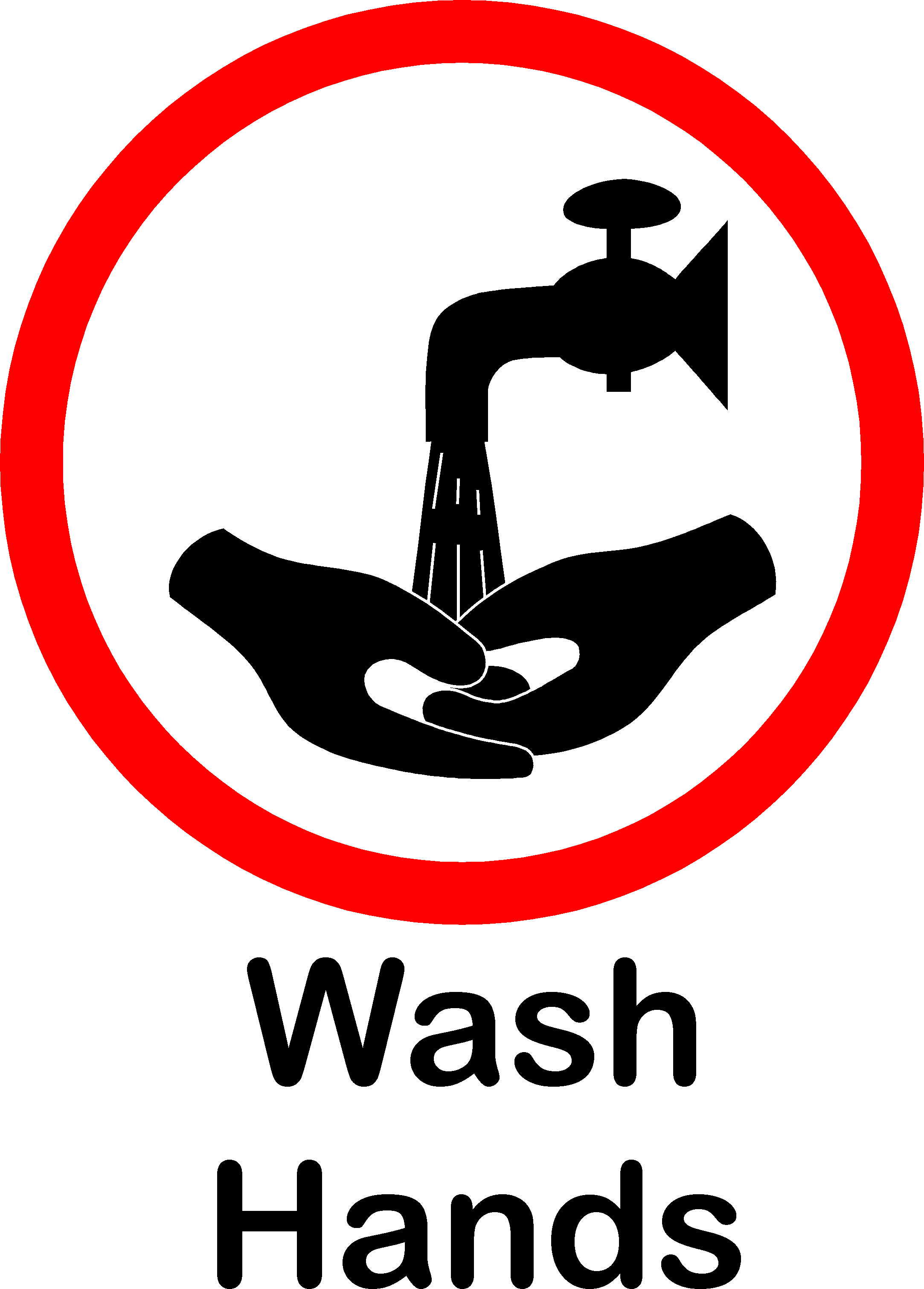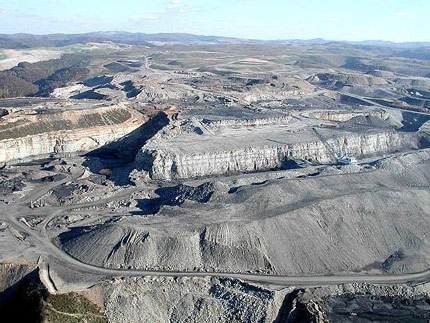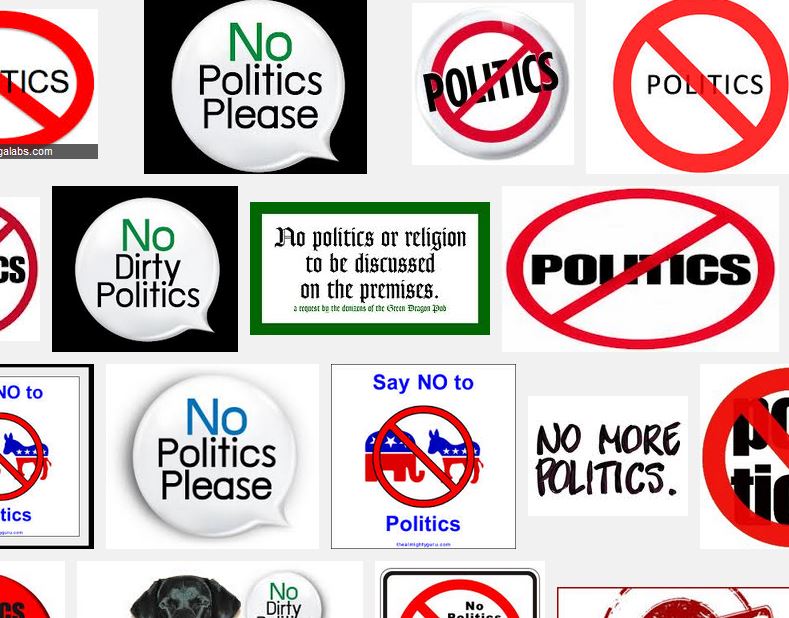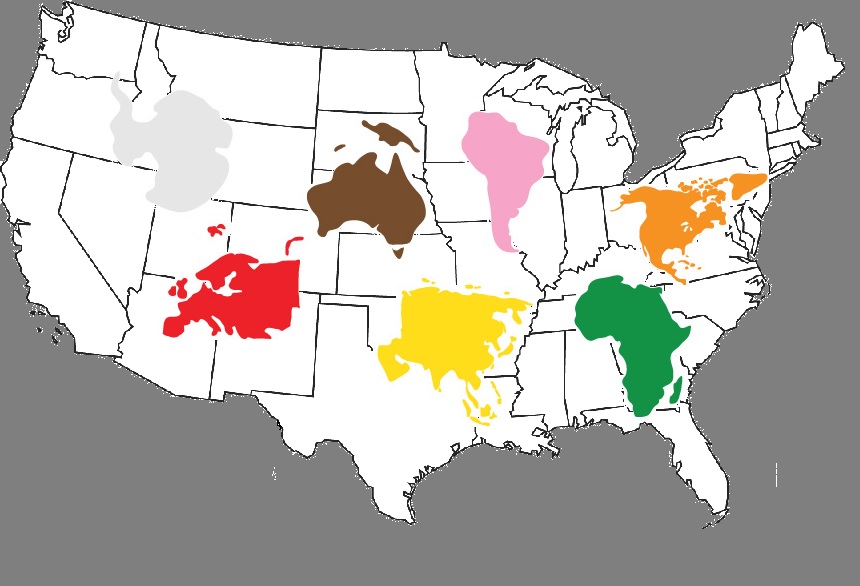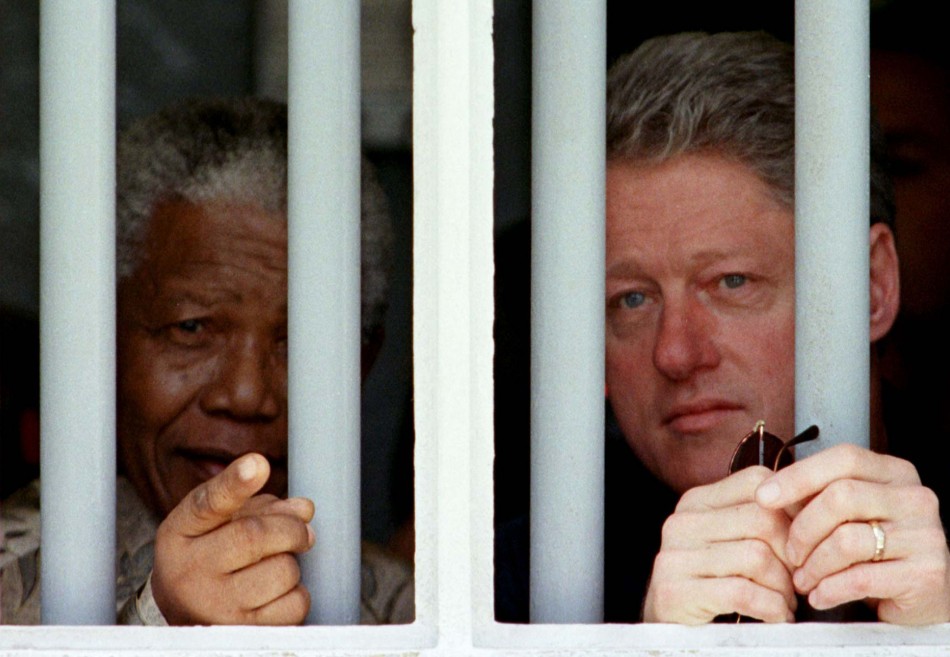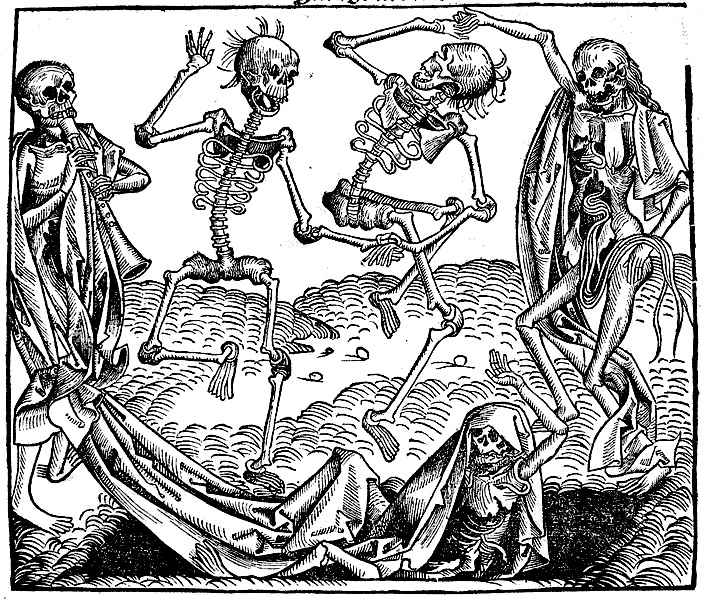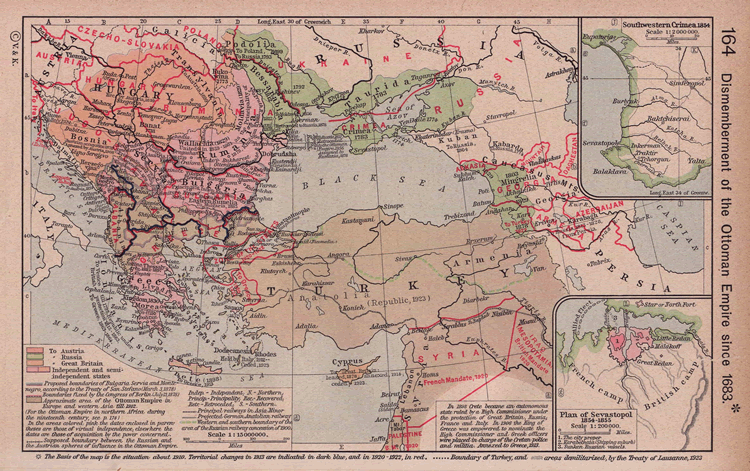Ambitious Conditions: Taiye Selasi's "Ghana Must Go"
“Ambitious” is a back-handed criticism, a way of positioning Selasi as a promising writer who had written a flawed first novel.

About a year ago, Nell Freudenberger called Taiye Selasi’s Ghana Must Go “an ambitious first novel” in the New York Times, and observed that “ambitious” has a different meaning on each side of the North Atlantic. In the British sense, “ambitious” is a barely-buried criticism of people who would presume to rise above their station, so Freudenberger is quick to clarify that she means it in the American sense, in which it marks an ambition to succeed and better oneself that Americans have traditionally honored and revered (or to which we at least pay lip service). In Britain, you see, the ambitious are discouraged, urged to stay in their place. In the United States, ambition is a virtue. This is certainly a story that Americans like to tell themselves. But as was the case with many reviewers of Ghana Must… Read More...

